What was the next step towards starting to record stuff?
I was kind of fortunate that I had a close friend who was also at the same stages. He was a year above me at school and he was actually ahead of me in terms of the musicality – he was an excellent keyboard player as well, but he was more technical than I was in terms of using the machines. He had an amplifier – one of these guitar amps with the amp and speaker all plugged in as one unit – so I borrowed that and never gave it back, basically. I just started jamming through that, and I think getting the synths through the speaker was the catalyst for buying other equipment.
All these things were bought using money I made through delivering milk and bread
All these things were bought using money I made through delivering milk and bread, all these kind of little jobs. I managed to get enough money to try and buy a drum machine, because I knew I needed drums to go along with the synths, and I managed to find a 909 for £450 in the same second-hand shop I bought the 101. So by about the time I was 17, I had the 101, the 303 and the 909.
The 909 was a pretty expensive purchase at that point – in real terms it’s probably not far off the price they go for these days. There are all these stories about classic bits of gear being dirt cheap back then, which are partly true – obviously you’d be happy to pick up a 303 for anywhere near £75 now – but the 909 was a serious investment for a 17-year-old kid.
Yeah, it was. Definitely. At the time, that was a lot of money for me – all the money I’d saved up. If I remember rightly, half the money for the 909 actually came from my college bursary, so I’d spent half the year’s travel money on a drum machine. But you know, you prioritise things differently when you’re 17.
I’m sure 17-year-olds still do the same kind of thing these days, but I guess at that time you had no choice. If you wanted to make music, you had to spend a bit of cash to do it. Is that fair to say?
half the money for the 909 actually came from my college bursary, so I'd spent half the year’s travel money on a drum machine.
There was no other alternative. How many years would it take me to save that kind of money delivering milk? It’s just not going to happen.
Did you consider yourself to be taking it quite seriously already at that point?
From the point when I got that speaker, I already knew what I was going to do for the rest of my life.
Wow.
My parents knew even earlier. There was nothing else that interested me as a kid except playing little xylophones or hitting all the pots and pans in the kitchen with wooden spoons. There wasn’t even ever a doubt about it.
So by the time you got a bit more serious about it you were presumably into house and techno by that point?
To be honest, I was doing some different types of music as well. I was doing stuff that was a little bit harder and I made a bit of money from that to build my studio up a bit more. My uncle’s quite a successful businessman and I asked him if he’d help me come up with a business plan so I could get some finance, get a loan from somewhere to buy equipment. This is about 1993 or something like that, I was like 19 at the time. So I managed to get an appointment with the Prince’s Trust
and they were totally blown away by all the plans that I had. They gave me five grand.
You pay the loan back over five years but the interest isn’t even worth talking about. The money was all spent within about 24 hours. I went into Sound Control and spent the whole lot in one day. I’ve still got the main workstation I bought that day – it’s an Ensoniq ASR-10 – and I wrote my first album completely with that and a 909.
That must have been a huge step up in terms of being able to make the music you had in your head?
Yeah, that was the big one. I didn’t know how I was going to do it so I was getting a lot of advice from people. Some people were saying get an MPC, some were saying get a workstation, some saying get an Amiga. To be honest, I hated using a computer for music. Way back then, it just wasn’t good to make music with computers. It wasn’t the same kind of thing as it is now. I ended up buying both – the MPC and a workstation.
I hated using a computer for music. Way back then, it just wasn’t good to make music with computers. It wasn’t the same kind of thing as it is now
Which MPC was it?
The 2000XL. I still like using it as a drum programmer actually. The pads are really nice and it programs into Ableton really easily.
Did the MPC have a reputation as a hip-hop favourite back then or was it more neutral?
Yeah, it was more neutral then. I think the E-mu 1200
, the MPC and the LinnDrum one were all neutral. When I read Music Technology at the time you’d see people like Juan Atkins on the cover with MPCs. Across the board, it was just the way to program your drums and sample things. Obviously the hip-hop guys took that as their main music-making machine, so it kind of became famous for that rather than house and techno. It’s still an amazing thing to program on it.
I think over time the strength of its reputation for hip-hop has kind of overshadowed the fact it’s good for house and techno as well.
I’d totally agree with that. I actually got the MPC a little bit after the ASR-10, so I went from using just the 909, 101 and 303 at home to the ASR, which was incredible because the sampler and the effects processor sounded really good for its day. The keys were terrible, crappy, square things that hurt your fingers when you played, but for me it was just awesome to have all that functionality. I just hid myself away for months at a time, learning the machine and basically trying to create a sound for myself.
It’s a point worth making that what we know now as computer music didn’t really exist until the late 90s at the earliest. I guess it must have been somewhere between your first and second album that the big revolution took place with DAWs able to handle audio quite well, soft synths starting to arrive and that kind of thing. When did you first make the move into computers?
I was one of the last, I think. I only started using a computer around ten years ago and I still didn’t think the sounds of soft synths were good enough. I had Junos and Moogs in my studio by that time and when I compared the sounds I wasn’t that impressed. The idea of using a mouse to control something like filter cutoff horrified me – the visual side of things was taking away from the creative, intuitive side of it. I stayed away from it as long as I could but it was Ableton that was the catalyst for me moving over. I became a bit stuck with the ASR-10 and I just couldn’t do things that I wanted to.
When Ableton came out it really blew me away because it was nothing like Cubase – all my friends were using Cubase at the time and it just bored me, I hated that really linear way of working. Ableton created a new space to work in. I didn’t actually get it until version 4, so even that shows you how long it took me to get into it. But I still love using hardware too. The machines that you’ve got aren’t suddenly rubbish because you’ve got something new. Some people get a new thing and use it to death but I like to try and use everything as much as I can.
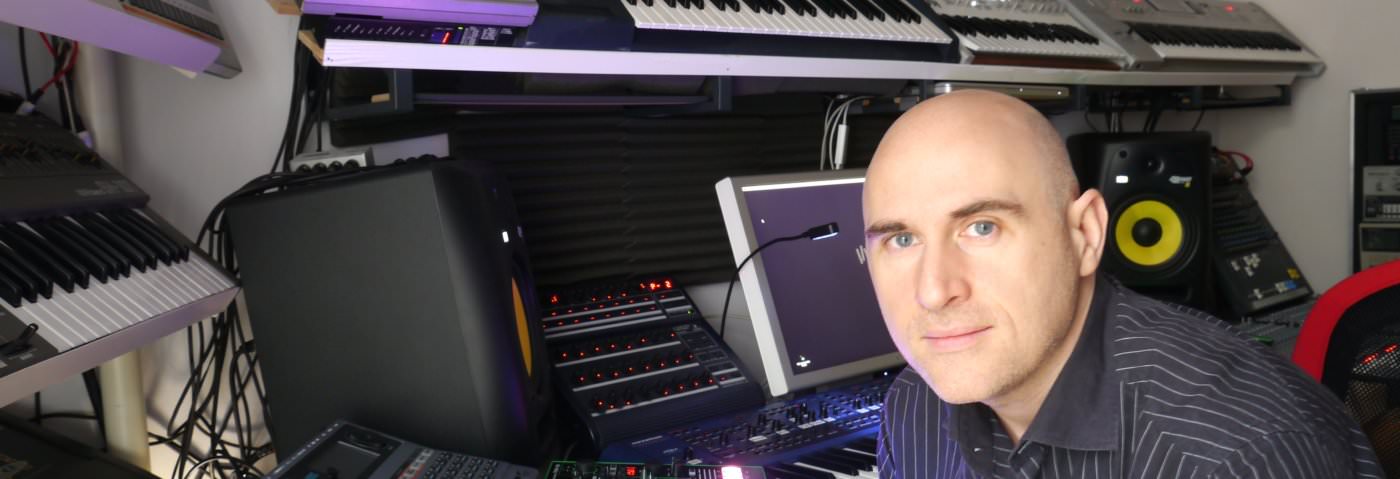
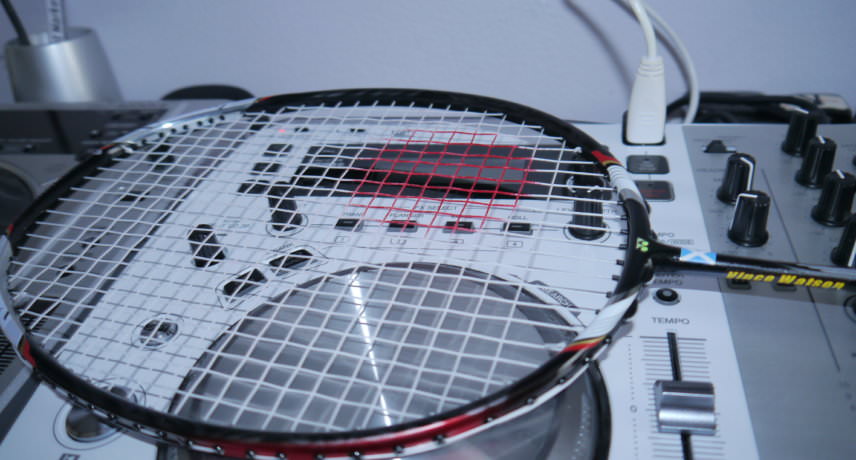
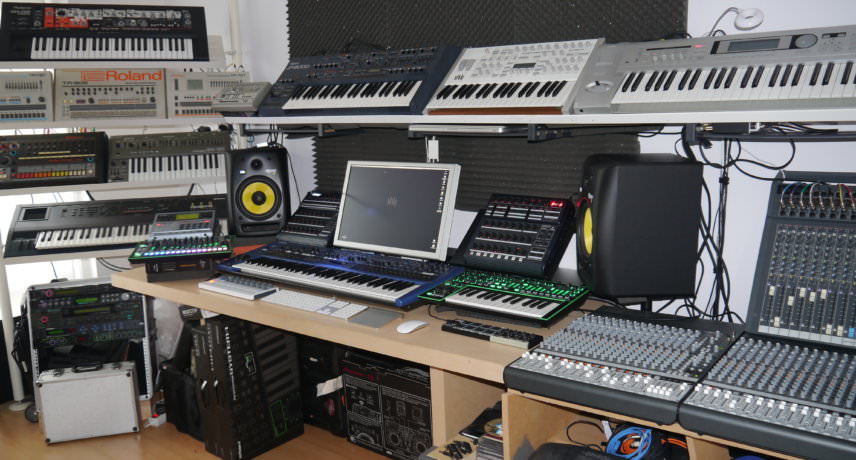
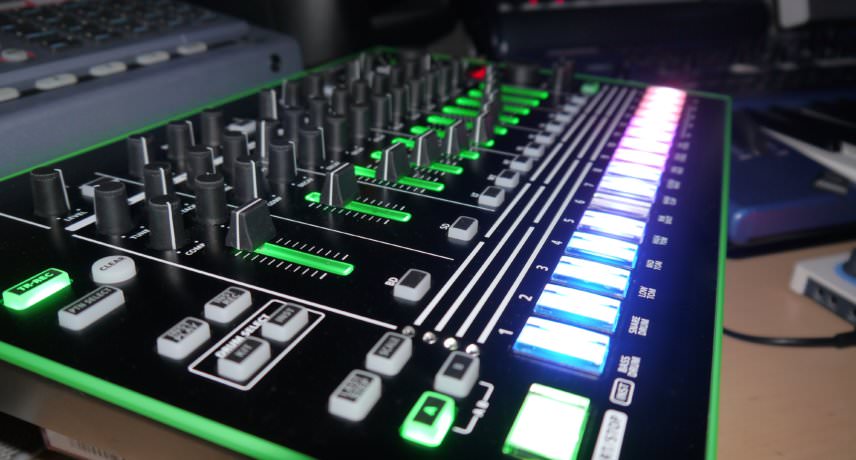
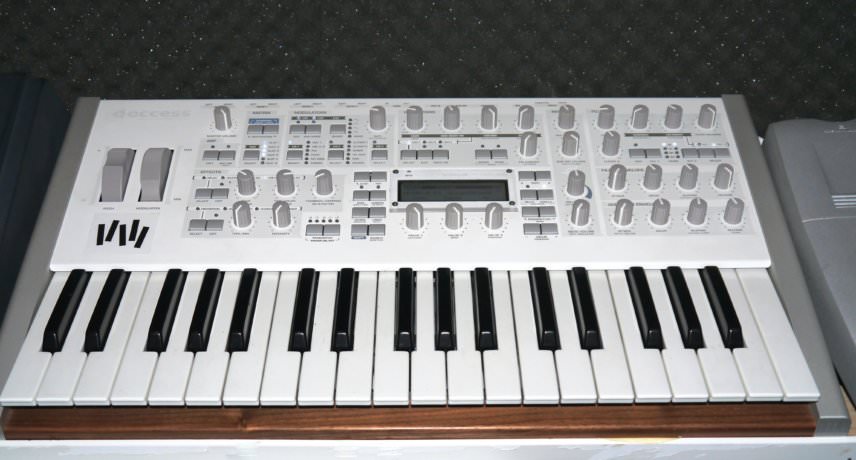
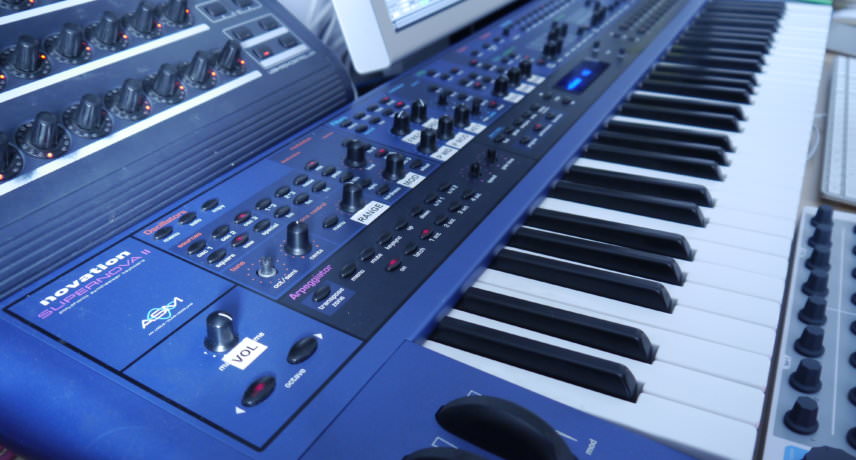
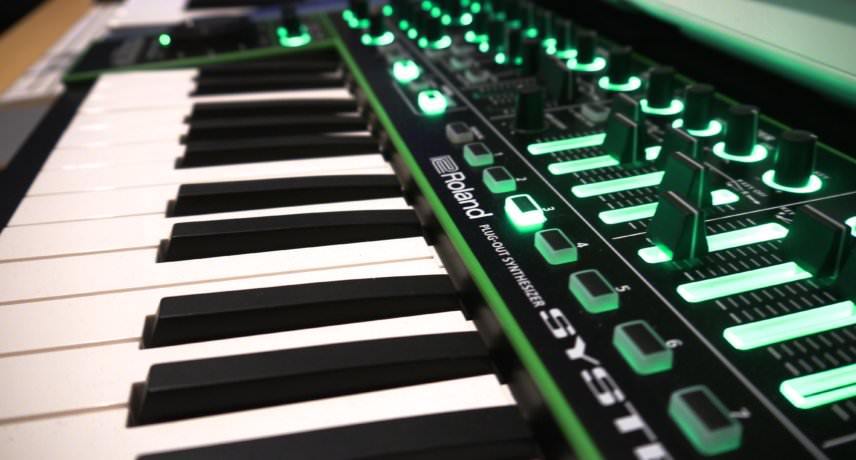
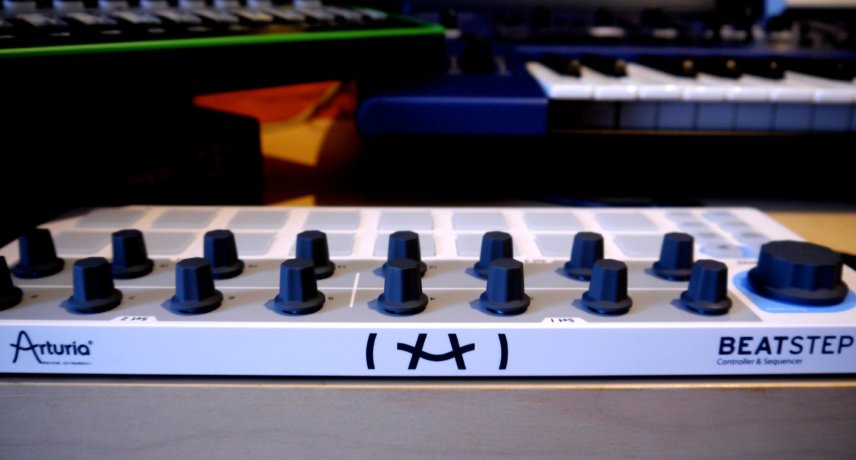
04.42 PM
Nice read, top bloke.
06.52 PM
Great read and I also like that this is a studio tour with a ton of info on gear and the artist. Thanks.
10.51 PM
Super interesting.
03.05 AM
sounds like a great guys down to earth and a ton of knowledge
05.41 PM
Yes, synths were more affordable, but you needed to spend a lot for a 24 channel mixer, EQs and compressors etc.
Samplers were expensive as well.
A few hundred bucks for good cables, or noisy recordings. Speaking of recording: You needed a DAT or analog reel to reel or were limited the dirty sound of compact cassette. You wouldn’t have an overwhelming choice of affordable studio speakers…
10,000 bucks got you a small studio. But this was very limited compared to todays DAWs. Yet of course, compared to another 10, 20 years earlier, 10,000 was much more attainable. The Kraftwerk guys probably had to get their hands on much more money than just 10 grand to record.
04.06 PM
One of the best.